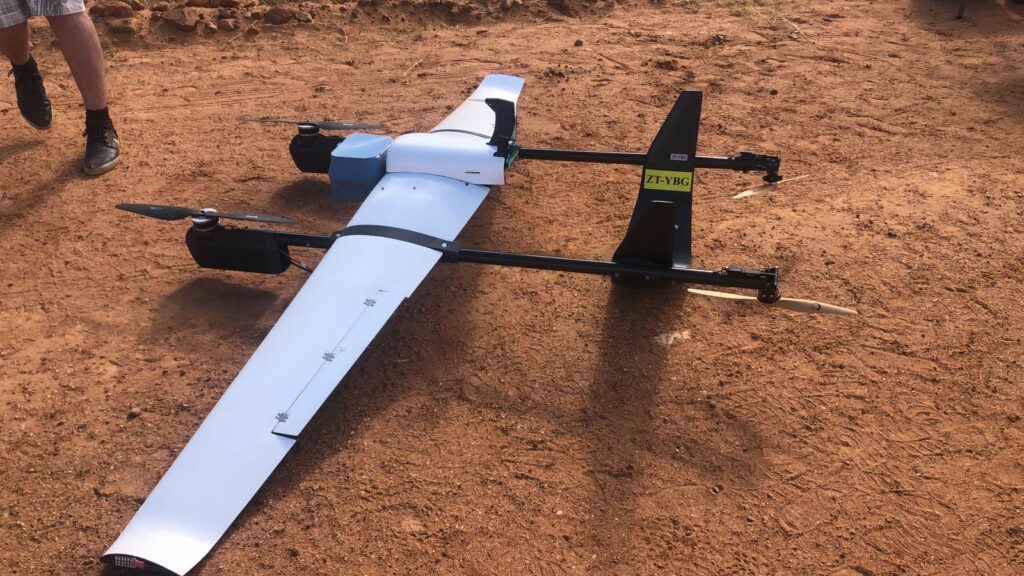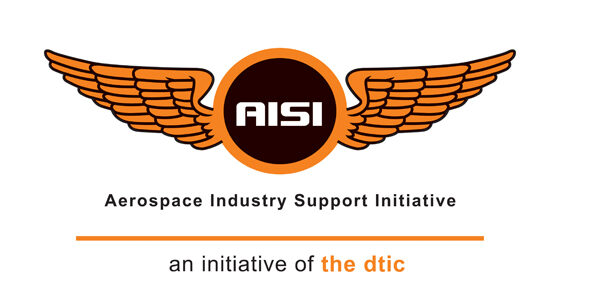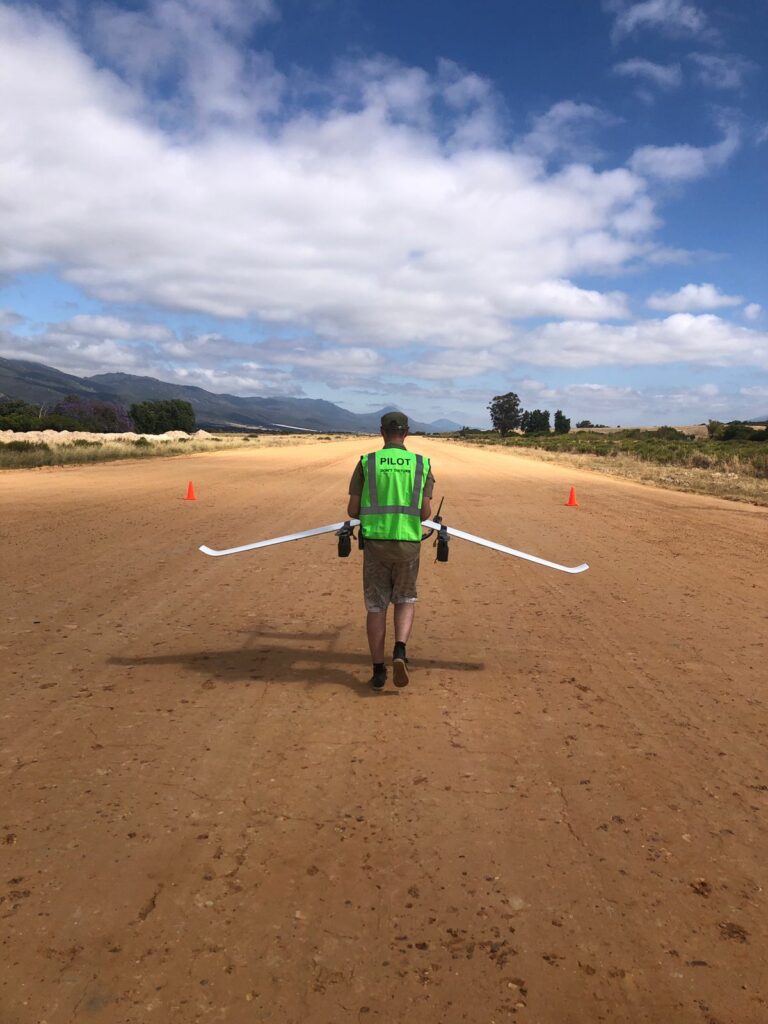Cybicom Atlas Defence (CAD) in collaboration with Pretoria-based company, Bronberg Dynamics, developed a Remotely Piloted Aircraft System (RPAS) suitable for testing the aerial release of sterilised insects. This initiative received support from the Aerospace Industry Support Initiative (AISI) – a programme of the Department of Trade, Industry and Competition, hosted and managed by the Council of Scientific and Industrial Research.

The RPAS was developed to survey crops and enable farmers to access different farm terrain conditions remotely. Based on the data received, farmers will be able to optimise pest control practices, improving crop yields and resource efficiency. South African citrus fruit production is regarded as a key element for the growth of the agricultural sector. The project aims to support the citrus and grape industries by using sterilised insect techniques for pest control. The false codling moth is a phytosanitary pest affecting most of South Africa’s export crops. Over 75% of the country’s citrus export crops – including citrus, stone fruit and table grapes – can be affected, posing a significant risk to South Africa’s foreign exchange earnings. Using sterlised insects, reduces the population – plus avoids the use of chemical pesticides which are harmful to the environment.
Bronberg Dynamics has a track record in designing and manufacturing unmanned aerial vehicles (UAVs). Based in the Western Cape, Cybicom Atlas Defence specialises in defence electronics, mostly in the defence, aerospace and naval domains. Previously, the company developed novel hopping and counting devices for FCM release across various platforms.
The Head of Projects and Simulators, Darcy Ocker from CAD, identified a serious challenge affecting the agricultural sector in managing FCM activity. Many farmers perform pest control on large farms from the air, but due to farms located in hazardous terrain, manned aircraft operations can lead to accidents and loss of life.
“When we became aware of several fatal manned aircraft accidents from 2016, where manned fixed wing aircraft were being used to perform aerial sterilised insect release we realised that drones would be ideal to perform this function,” Ocker explains, “Drones are by now known as an ideal platform to use for dull, dreary and dangerous work, therefore minimising risk to human lives.”
During the final stages of the project, to ensure reliability and obtain approval, Greenfly Aviation, a licensed RPAS operator certified by the South African Civil Aviation Authority, conducted a comprehensive flight test. The test validated the functionality of the RPAS, confirming its effectiveness.
“The AISI team has been hugely supportive in this project and we are grateful for their support and guidance,” Ocker remarks. “The hope is that we can provide the technology in order to create skilled jobs in the citrus industry by making it possible for drone operators and pilots to replace manned aircraft operations,” he concludes.
About the AISI
The AISI offers technical support in product development, testing, certification thereby opening market opportunities for especially smaller companies. By supporting local aerospace entrepreneurs, the AISI contributes to the growth and development of local capabilities, promoting innovation, localisation, competitiveness and sustainability within industry.

